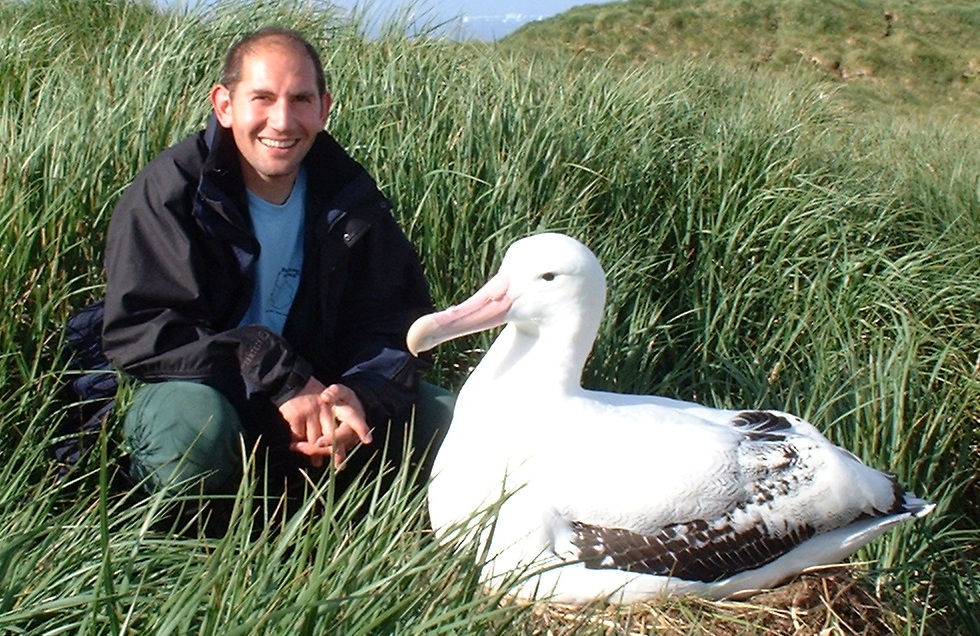
SERL 2013 > Guest speakersStratégies de recherche alimentaire et déplacements : Richard Phillips (British Antarctic Survey – UK)
Dr Richard A. Phillips is a senior seabird ecologist at the British Antarctic Survey (BAS), Cambridge, appointed in September 2000. He was one of the six Co-Is on the two largest projects within the NERC-funded BAS core-science Southern Ocean ecosystems programme that finished in early 2009, and currently leads the BAS research programmes on flying seabirds within the new Polar Science for Planet Earth Ecosystems programme. This includes overseeing ongoing population and demographic monitoring of albatrosses, giant petrels and skuas. He is also involved in targeted studies involving national and international collaborators that focus on the ecology and conservation of a diverse range of seabirds. These explore topics such as population trends and demography, fisheries interactions and ecological risk assessment, impacts of introduced predators, foraging ecology, at-sea distribution, marine habitat selection, activity patterns, food web structure, population dynamics, stable isotopes, pollutants, population genetic structure, hormones and comparative breeding biology. Dr Phillips is very actively involved in international initiatives to promote seabird research and conservation. He is scientific adviser to the UK delegation at the Agreement on the Conservation of Albatrosses and Petrels (ACAP), and co-convenor of the ACAP working group on Population and Conservation Status, and thus helps develop the strategy of ACAP. He is also a member of the Scientific Committee on Antarctic Research (SCAR) Group of Experts on Birds and Marine Mammals, and worked recently with the Atlantic tuna commission (ICCAT) to assess the impact of their fisheries on seabirds. He also has a close working relationship with BirdLife International and NGOs in South America and Australasia advocating for better fisheries practices.
Conséquences écologiques des changements environnementaux :
Jean-Michel Gaillard (LBBE – CNRS, Lyon)
Jean-Michel Gaillard is Directeur de Recherche at CNRS in the Research Unit « Biométrie et Biologie Evolutive » at the University of Lyon. Jean-Michel’s research concentrates on understanding evolutionary processes in populations of large mammals from analyses of their dynamics and identifying life history strategies of vertebrates from comparative studies. More recently, he has worked on how vertebrates populations are responding to climate change. He is also interested in developing new management strategies to minimise conflicts between human activities and large game species in a changing environment, in close collaboration with the Office National de la Chasse et de la Faune Sauvage.
Yvon Le Maho (IPHC - CNRS, Strasbourg)
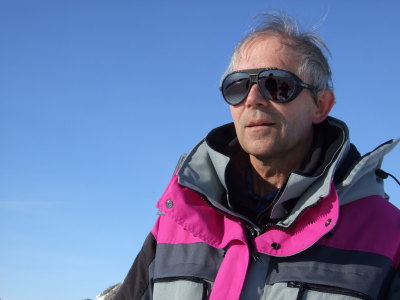 Dr Yvon Le Maho is an ecophysiologist. After working for 8 years in a physiology laboratory at the medical school in Lyons, he came in 1981 to Strasbourg, where he is still today. The research there became more aimed at a functional approach in animal ecology. With such a background, he is interested not only in understanding how wild animals “work” in their natural environment and respond to environmental changes but also in using “exotic” species as animal models of biomedical interest. For now 20 years, he has also been innovating in new techniques and methods enabling to investigate wild animals at population scales while minimizing human disturbance. He has been essentially working with penguins, but also with primates, white storks and sea turtles.
Hormones & Comportement :
Frédéric Angelier (CEBC – CNRS, Chizé)
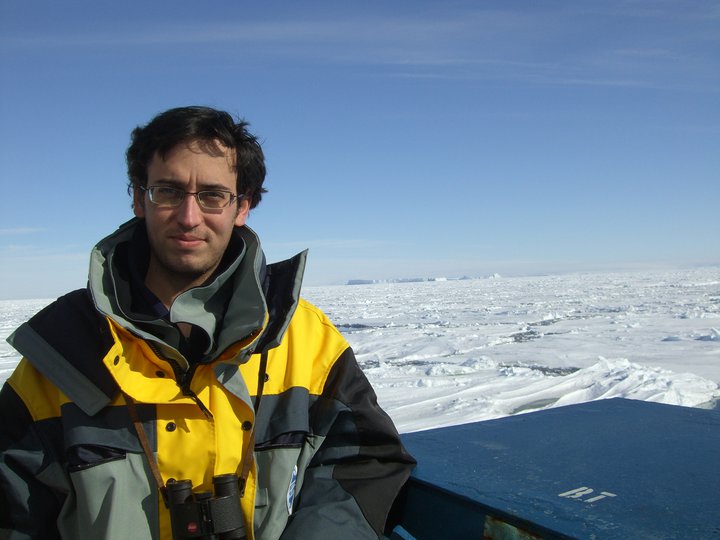 Dr. Frédéric Angelier is a researcher at the Centre d'Etudes Biologiques de Chizé (CNRS) in France. He is interested in the role of physiology in mediating life-history trade-offs in vertebrates and the possible use of physiological mechanisms as proxies of environmental constraints. His research goals are to better understand how environmental perturbations can affect individuals, their descendants and, thus, the fate of vertebrate populations.
Carsten Schradin (IPHC - CNRS, Strasbourg)
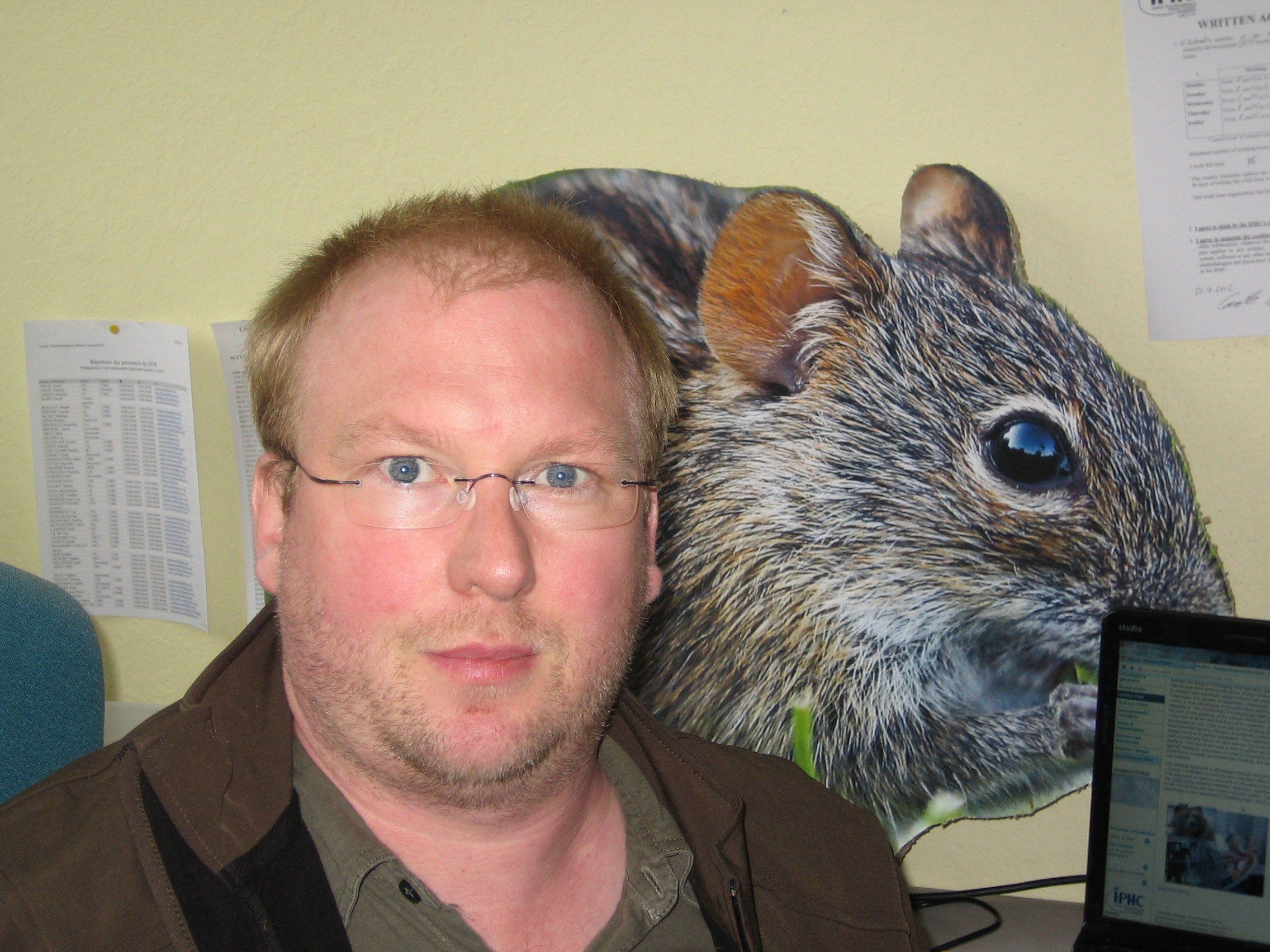 Dr. Carsten Schradin is a scientist at the IPHC in Strasbourg since October 2012. He studied in Germany (Max-Planck Institute for Behavioral Physiology) and obtained a PhD from the University of Zurich (Switzerland) in 2001. In 2001 he established the Succulent Karoo Research Station in South Africa. His long-term field studies include data of 12 generations of striped mice living under changing and challenging environmental conditions. He is interested in behavioral and physiological flexibility to adapt to challenging environments, especially droughts. Ecophysiologie évolutive :
Pat Monaghan (University of Glasgow – UK)
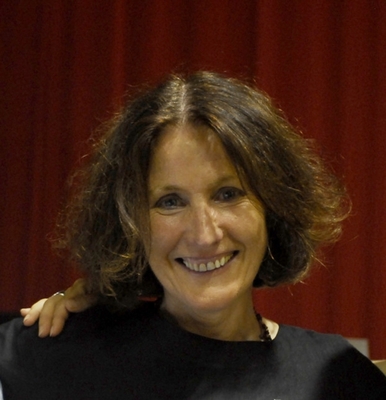 Dr. Pat Monaghan's main research is broadly in behavioural and population ecology with particular emphasis on the responses of individuals to changing environmental conditions and the proximate factors influencing these responses. At present, she is particularly interested in growth, reproductive performance and senescence, and associated life history trade-offs. She has a number of projects examining the long term consequences of conditions in early life. Her research group works on wild and captive populations of birds since these offer excellent opportunities for testing a number of theoretical predictions in this area. She also works on other taxonomic groups (amphibians and insects). Recent work has focused on resource allocation and developmental trade-offs.
Pierre Bize (University of Lausanne)
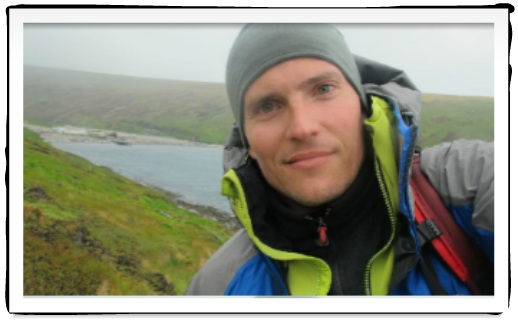 Pierre Bize (University of Lausanne - UNIL) is an evolutionary biologist with keen interests in physiology, life-history theories and host-parasite interactions. In this context, two of his main projects aim to link endothermy to variations in the pace-of-life, but also to link lifespan to lifestyle via changes in the oxidative balance and telomere dynamics.
Cognition physique et sociale :
Nicolas Claidière (University of St Andrews – UK)
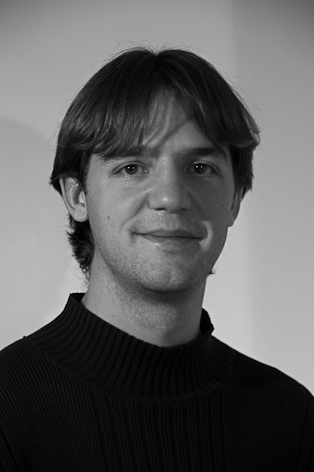 After obtaining a PhD on Darwinian theories of cultural evolution: models and mechanisms at the Institut Jean Nicod in Paris (France) in 2009, Dr. Nicolas Claidière was awarded a Fyssen Foundation fellowship to work at the Psychology department of St Andrews University. He is interested in socially learned behaviours and analyses how this ‘animal culture’ come to exist and persist through time by looking at different alternative explanations.
Valérie Dufour (IPHC - CNRS, Strasbourg)
 Dr. Valérie Dufour's main research project consists in studying the evolution of economics in animals. This project is born from the observation that humans share, barter and trade to an extent not seen in other species. Transfers of services or even food can be seen in non-humans, but they are not always reciprocated. One can thus question whether they rely on similar cognitive calculations as bartering in human does. To answer this question, she studies comparatively primates (great apes and monkeys), corvids and canids using experimental techniques applicable to all species. She tests the capacity of each species to anticipate or plan for a return, to risk a food in an exchange task, to maximize gains by investing differently according to prospective returns. She also investigates how economical skills emerge in humans by using a developmental approach. Studies are conducted with several European collaborators and host institutions: The Max Planck Institute, Germany, the University of St-Andrews and RZSS, Scotland, and the Konrad-Lorenz-Institute in Grünau, Austria.
Vie en groupe et interactions sociales :
Jean-Louis Deneubourg (Free University of Brussels)
Cédric Sueur (IPHC - CNRS, Strasbourg)
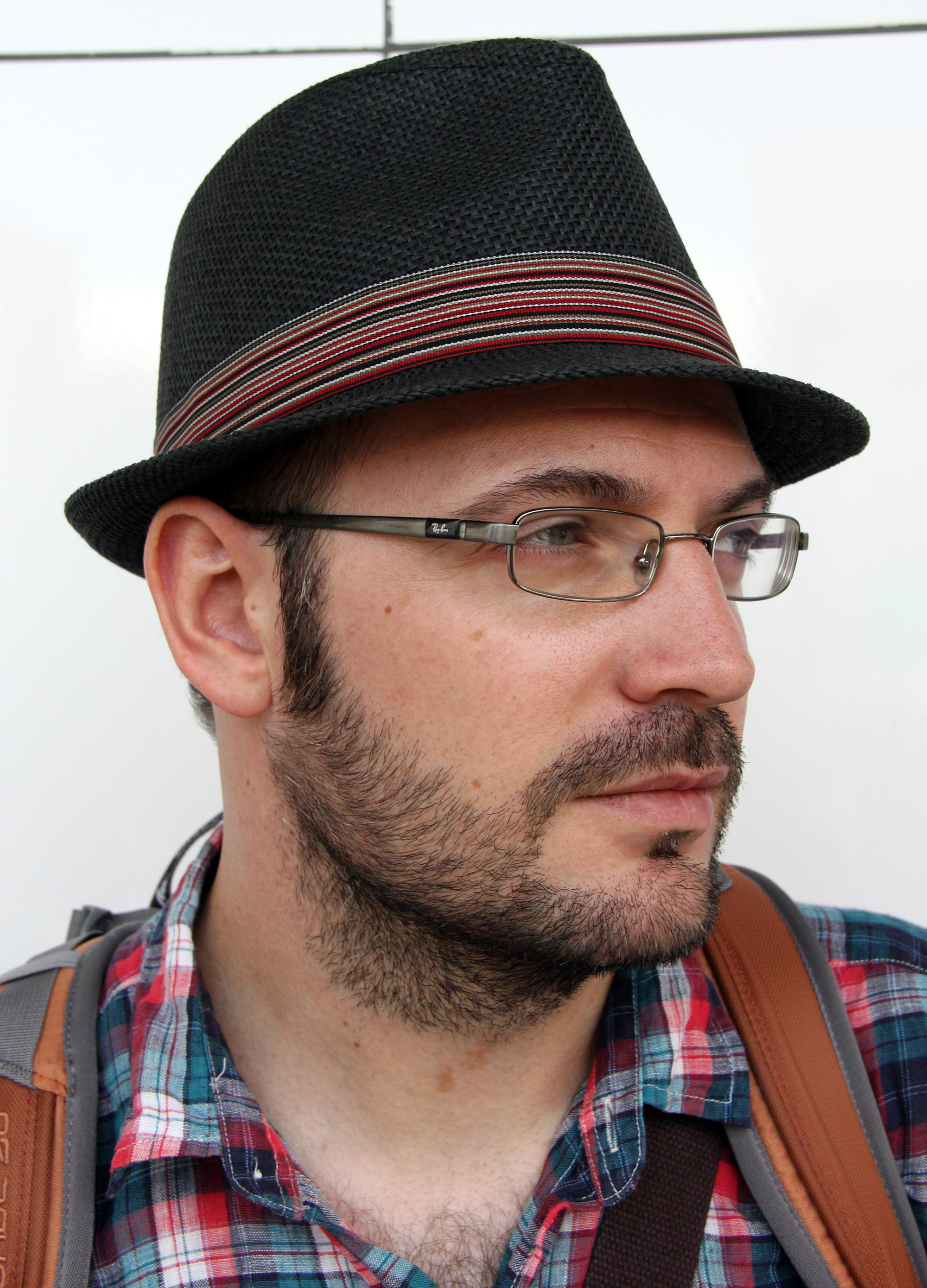 Cédric Sueur is Assistant Professor (Maître de Conférences) at the University of Strasbourg since 2011. He is mainly working on animal behaviour and specifically on social networking and decision-making in animal groups at the Institut Pluridisciplinaire Hubert Curien (Evolutionary Ethology, Department of Ecology, Physiology and Ethology). He recently obtained a grant from the French national Research Agency (ANR) on social networks in drosophila. Cédric Sueur is at the head of a network entitled “Social Network Analysis in Animal Societies” linking about ten scientists and member of the council of several societies in Animal Behaviour and Complex Systems. He recently becomes fellow of the USIAS (University of Strasbourg Institute for Advanced Study) and got the 2013 Young Scientist Award from the SFECA (French Society for the Study of Animal Behaviour). Information about his research project can be found here. |
